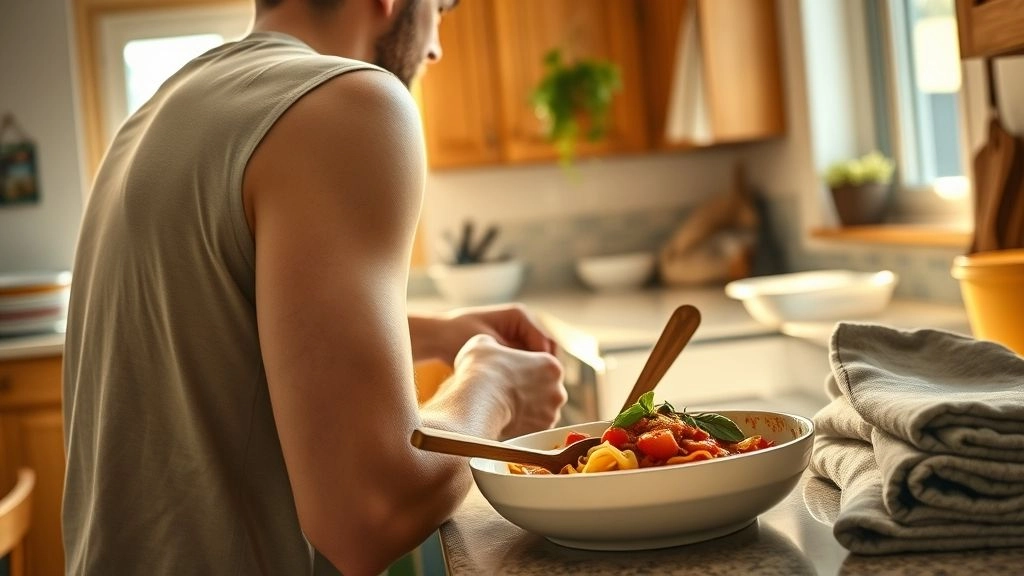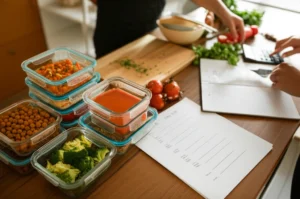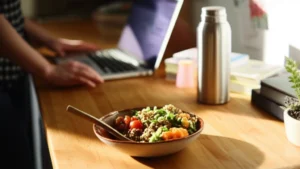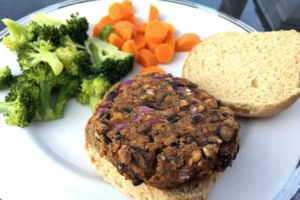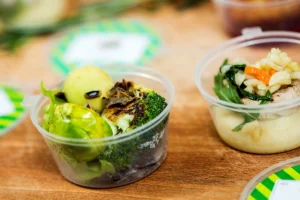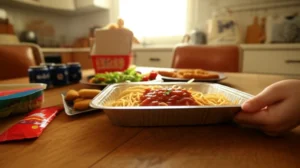So… is eating out a waste of money? If you’re like me, you’ve glanced at your bank app after a casual dinner out and blinked in disbelief. “Wait, how did $50 disappear for a sandwich and fries?” And don’t get me started on those little extras that sneak in—appetizers, drinks, tips… it all adds up faster than you expect. After dialing down my own restaurant visits, I found some surprising cash left in my wallet, and trust me, it wasn’t from magic.
Today, I want to talk about why eating out often feels like throwing money into a black hole and how cooking at home can rescue your budget (and maybe even your sanity). But hey, it’s not all doom and gloom—there might be a sweet middle ground. Ready? Let’s jump in.
Hidden Costs
Why Does It Cost So Much?
Ever sit down at a restaurant and wonder, “Why on earth is this meal so pricey?” It’s not just the food itself.
Restaurants have rent to cover, wages to pay, utilities, those fancy silverware pieces… all those overheads get bundled into the menu prices. According to research on spending habits, the average meal at an inexpensive restaurant costs about 285% more than if you made the same thing at home—$16.28 versus $4.23 on average.1
And that’s the lowball version. Add drinks, tips, maybe a dessert—it balloons quickly. One person’s story I read used to spend $150 to $200 a week just on fast food for a family of six. That’s a scary number, right? I bet if you start tracking your spending on eating out, you’ll find a similar story in your bank history.
Quick Cost Comparison
| Meal Type | Eating Out Cost | Home-Cooked Cost | Savings Per Meal |
|---|---|---|---|
| Fast Food Burger | $12 | $4 | $8 |
| Sit-Down Dinner (for 2) | $35 | $12 | $23 |
| Coffee Run | $6 | $1 | $5 |
Time Is Money
Now, some might say: “Yeah, but I’m too busy to cook. Going out saves me precious time.” I hear you—it’s tempting.
But consider this: the cooking part itself can be done in 30 to 40 minutes. The real time gobblers? Driving there, waiting for your table, waiting for food, then coming home. And of course, someone’s gotta wash all those dishes afterward.
People who cook at home tend to batch-prep meals, turning what feels like a chore into a manageable habit. They often find that once you get used to it, you spend less overall time than those drawn into the “I’ll just grab takeout” cycle.
Curious about the Benefits of not eating out? They’re not just about dollars—better health, less stress, and yes, more money saved.
Myths About Home Cooking
Do You Really Save Money?
Here’s a question I get a lot: “But do you really save money not eating out because of…” all the hidden costs, groceries going bad, and effort?
Short answer: yes, but it depends on how you manage it. One common pitfall is food waste—buying fresh ingredients, cooking a couple of meals, and letting the rest rot in the fridge. No one wants that.
But here’s a trick: batch cooking and freezing leftovers. Freeze those portions you won’t eat right away, and voilà! No waste, less stress about what’s for dinner, and big savings. I remember a friend who swore by Sunday batch cooking; they not only saved money but felt like they’d won the week every Monday morning.
If you’re wondering exactly do you really save money not eating out because of these tricks, the evidence is clear—home cooking lowers your food spend overall when done wisely.
When Eating Out Isn’t a Waste
Full disclosure: I’m not saying never eat out. Sometimes, that dinner date night or weekend brunch is soul food—and that’s important too.
One story I found on Quora really stuck with me: a husband explained how eating out was a way to give his wife a break from the daily grind of cooking. It wasn’t just about food—it was about love, time, and connection. I found myself smiling thinking about those Friday night dinners that become something special.
Some financial experts recommend a “once a week” eating out habit to balance enjoyment and budget—like personal finance blogger Katie from Money with Katie, who swears by it to keep sanity intact without blowing the budget.
Especially today, with people cutting back on dining out due to high living costs (a recent report on Canadian restaurant trends showed 75% eating out less), there’s even more incentive to rethink how often you dine out.
Easy Ways to Cut Back
How to Start Quitting
If you’re asking yourself how to stop eating out and save money without going crazy, I’ve got you.
Start by tracking your current spending on restaurants for just one week. You might be surprised where your money’s sneaking off to.
Next, try batch cooking one or two meals a week, freezing extras. Even pick one day to try a “no eating out for a month” challenge. Trust me, it’s doable—and there’s a whole community of folks crushing it.
For inspiration and a clear roadmap, check out this handy guide on how to stop eating out and save money. It’s practical and kind of like having a friend coach you through the process.
Budget-Friendly Meal Ideas
Thinking you’ll spend hours in the kitchen? Don’t panic.
Simple sheets-pan dinners, one-pot dishes, or hearty salads with pre-cooked proteins can be ready in under 30 minutes. Do some grocery shopping basics: rice, beans, frozen veggies, chicken thighs (they’re cheaper than breasts and just as tasty).
You’d be amazed how those simple staples can make meals that beat restaurant plates for less than half the cost.
And remember, no fun is off limits. Recreate your favorite restaurant classics at home, save money, and give yourself two servings—none of that “leaving hungry” feeling you sometimes get dining out.
Compare This:
| Dish | Restaurant Price | Home-Made Price |
|---|---|---|
| Spaghetti Carbonara | $18 | $5 |
| Grilled Chicken Salad | $15 | $6 |
| Coffee & Croissant | $8 | $2 |
Wrapping Up
So… is eating out a waste of money? For most of us trying to save, yes, it often is. That monthly $200, $400, or even $600 in restaurant spending adds up fast and can seriously sidetrack savings goals.
But it doesn’t have to be all-or-nothing. With a little planning, simple recipes, and the right mindset, you can reap the benefits of not eating out—more cash, better nutrition, and less stress—without feeling deprived.
My biggest advice? Try a “no eating out for a month” challenge. See how much you save, how much better your kitchen confidence grows, and yes, how good it feels beating those overpriced menus. Curious? Here’s a relatable guide for no eating out for a month to keep you motivated too.
At the end of the day, food’s supposed to be joy and fuel. Finding that balance between convenience, cost, and care is a journey. I’m on it, too—let me know how you’re tackling it or struggling along the way. Because friends share the wins—and the kitchen disasters.

